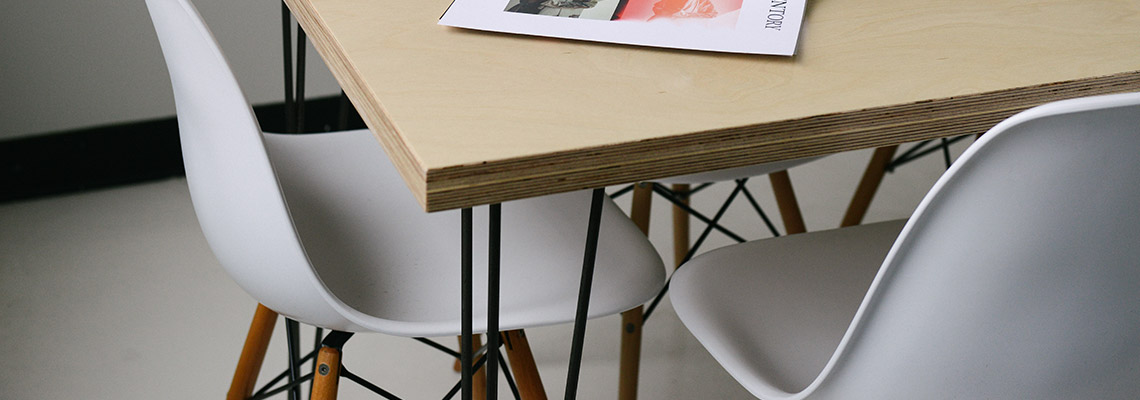
CASE HISTORY
 SOMIGROUP
SOMIGROUP
Founded in 1972, Somipress specialises in die-cast aluminum alloys, in the activities correlated to the production of components for the electrical appliance and automotive sector, as well as in the production of domestic gas cookers under its own brand. The IT system needed space and security. These represent the two typical requirements of growing companies with a strong international presence, thus having various locations far from each other. And indeed, over the years, Somigroup has built up and acquired production units and commercial offices in all four corners of the globe.
"The problem that arose was not easily resolved," says Mirko Marcolini, the IT Manager of the Group. "On the one hand, we had very high demands for ensuring security and continuity in the business, spread over at least five locations (two in Italy, one in China, one in Romania and one in Brazil), and on the other we had fairly limited financial resources, because in the previous years, over 2010 and 2011, we had made heavy investments in the plant and planned significant developments in terms of software, ERP, factory systems and logistics that would be important for growth."
Somigroup's IT infrastructure had already been virtualised since 2006, so it already had some degree of modernity and efficiency but, from the point of view of redundancy and storage, the growth was higher than the resources and was becoming a bottleneck for the development of the business.
The entire system was based on a single site with two physical servers and a storage unit with no replication features. The disks obviously contained not only corporate data, but also the virtual machines that were in operation, thus being crucial component of the architecture.
Stronger resource services were headed by the design department, which used computing resources to simulate via software the behaviour of moulds for die-casting - a fundamental step for the quality and speed of work.
"We a dual need," continues Marcolini, "to increase the disk space, and to render the entire information system secure by implementing a business continuity and disaster recovery solution, leveraging at least two physically distinct sites. Everything, of course, with a sustainable investment." The solution is largely due to the developments that, lately, have characterised the HPE Lefthand architecture, now HPE StoreVirtual. Today, this class of storage devices is able to provide deduplication and tiering - two functions not previously allowed by the technology. Additionally, with the StoreVirtual VSA solution, it is possible to implement complex configurations (such as seeing a server as if it were a SAN) that previously required an investment of tens of thousands of euro.
"The solution proposed by TT Tecnosistemi and based on HPE technology was by far the most flexible and least expensive amongst those we had been considering," says Marcolini, "so we started on this new path together."
"The flexibility shown by TT Tecnosistemi at a commercial level," adds Francesco Salvini, Project Manager for TT Tecnosistemi, "has led to the undertaking of new projects with Somigroup, through to when we became their comprehensive technical partner. This means not a mere hardware vendor, but a relationship of mutual satisfaction that will bring only positive results in the future."
From the point of view of the platforms, the project required the purchase of three HPE DL380 G8 servers, to be complemented by the two pre-existing ones, and four StoreVirtual nodes with SAS 15K disks, while VSA technology allowed for the implementation of another two local nodes (on DL380, with SATA 7.2K disks), four remote nodes within the Somigroup offices, and the last one at TT Tecnosistemi.
"We have been able to divide the CED into two distinct sites lined synchronously," explains Marcolini, "a necessary choice that guarantees good business continuity and good disaster recovery (as well as a proper precaution, given the power supply problems that affect the geographical area of our headquarters). But we did not stop here, establishing a third site, remotely and asynchronously, at the TT Tecnosistemi site (in the worst case scenario of a collapse of both major sites, full recovery can be achieved in less than an hour)."
The new architecture, thanks to StoreVirtual VSA technology, has allowed thus to connect and "synchronise" the locations in Romania, Brazil and China, creating a system that, without the prompt from TT Tecnosistemi and HPE, would have cost much more than the investment required by the project, which did not exceed a total of 100,000 euro. The benefits are mainly in terms of efficiency and quality.
Adjusting the storage space from 5 TB (3 usable) to 28 TB (about 10 usable) is just one of the many positive aspects of the new implementation, which was a considerable challenge in terms of security and competitiveness. The ever-increasing importance of simulation activities (each of which generates more than 50 GB of data) had to be taken into account in designing the new architecture.
The stability of the platform has also enabled the quality standards to be adapted to the Group's design and production process to adapt to the high standards of certification required by the industry at an international level (both in terms of data security, product and process quality, and in respecting the environment).
But the greatest added value of the joint project with TT Tecnosistemi is the mid-/low-cost system offering secure and proven infrastructure that is typical of a high-end, high-priced solution.
"The tiering and the deduplication," says Marcolini, "recently introduced on HPE StoreVirtual machines, in addition to the availability and flexibility of HPE VSA technology, were also a major plus for the whole project, enabling optimisation of the available resources. One need merely think that, thanks to the Snapshots created by the system, we are able to restore the work environment, both in Italy and abroad, within minutes. In this way, our clients can entrust us with their projects with even more tranquility, knowing that the security and timing will be respected."
Thanks to the partnership with TT Tecnosistemi and the willingness of HPE, Mr Marcolini was able to accomplish this without having a true IT internal structure within the Group. "I was very impressed with the availability of HPE, which helped me to understand the solution and to manage it even with an IT department reduced to a single unit, and TT Tecnosistemi, which was also a great help, showing me directly at the their Prato office the advantages of the solutions we then went on to implement."
Today, Somigroup has their eggs in two baskets, with a five-year operating lease of the machines, and a technical assistance service of the same duration. Offering such peace of mind allows Marcolini to think about the next goal: performance. Just as this article was being published, 2 additional HPE DL380 gen9 servers with SSD (Solid State Drive) technology disks supported by the HPE StoreVirtual architecture, have just been activated to combine the high availability of the data with high performance. Thanks to the constant updates of the StoreVirtual platform, which in the latest version 12.5 introduced free new features of Adaptive Optimisation and Reclaiming of space, it was possible to introduce cost-efficient SSD technology by intelligently integrating the SAS 10K and SATA 7.2K disks already available, taking advantage of every type of disk in the best way possible and without replacing or enhancing the existing equipment. It is really rare for a Vendor to increase the potential of a product family without cost and without even having to upgrade the previous hardware.









